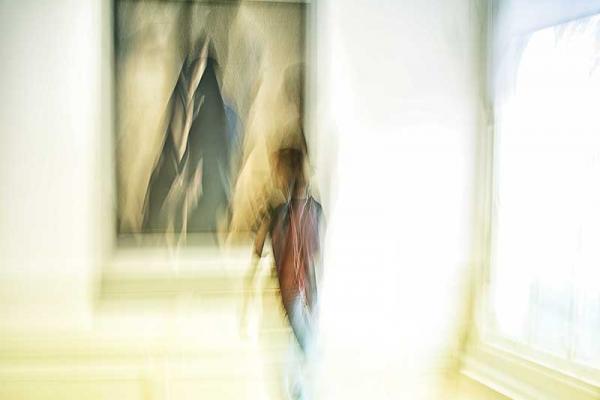“Memory and Text in Premodern East Asia: Concepts, Theories, and Methods” Workshop

The “Memory and Text in Premodern East Asia: Concepts, Theories, and Methods” workshop, organized by Professor Meow Hui Goh (DEALL) with a workshop grant award from American Council of Learned Societies and additional funding from EASC, DEALL, ICS, and GREALL, was held October 1st through October 3rd of 2015 on campus. Associate Dean of Arts and Humanities Professor Valarie Williams inaugurated the workshop with her welcoming remarks. Fifteen presenters from institutions across the country and beyond led an exceptionally rich program that included a keynote speech, two roundtables, and ten seminars. Professor Michael Puett of Harvard University delivered the keynote speech, which he titled “Ritual Constructions of Memory”; he engaged the audience with thought-provoking insight into the early Chinese rituals for ancestral remembrance, bringing high enthusiasm and rigor at the start of the program. Two panels of discussants—a mix of scholars from the China, Japan, and Korea fields—led the two roundtables, the first of which took place on the first day and responded to the prompt “Is That a ‘Memory Boom’ in Premodern East Asian Textual Studies?”; the second concluded the workshop on the third day and focused on “The Future of Premodern East Asian Textual and Memory Studies.” The ten seminars, each led by a discussant who had assigned a primary text and a secondary reading for her seminar ahead of time, unfolded in inspiring conversations with back-and-forth questions, comments, and responses through the three days along these ten topics: autobiographical memory, trauma and memory, generational memory, cultural memory through time, cultural memory through space, public memory and ancestral memory, ritual and memory, orality and memorization, social memory, and historical memory. At any given time, there were thirty-five to forty people participating, including nine out-of-town attendees who came self-sponsored. The program, reading materials, and other information about the workshop have been made available to all interested parties through a website designed for the event.
The main format of the workshop—seminar and roundtable—was very effective in encouraging the exchange of ideas. On the one hand, the assignment of primary texts and secondary readings ahead of time helped center each session on specific cases. On the other hand, the more interactive and fluid nature of the seminars and roundtables encouraged “freer” questioning and commenting and allowed for more open-ended discussion. In this workshop, the diverse processes of remembering (and forgetting), the different things that have become of memory, and the conflated (and conflicted) ways by which memory shapes senses of the self and the collective have been probed from various angles, by using different case studies, and based on different theoretical frameworks. The collective interest was interdisciplinary, with literature, religion, and history scholars engaging with one another’s perspectives and approaches from the shared ground of text. One presenter captured his experience this way: “I have pages and pages of notes taken and many ideas and questions to take home with me.” Given that memory study is still emerging in the premodern East Asian fields, this workshop has provided a valuable first opportunity for scholars and students who are at different stages of their exploration of the subject to come together as a group to introduce and interrogate a host of diverse concepts, theories, and methods.
